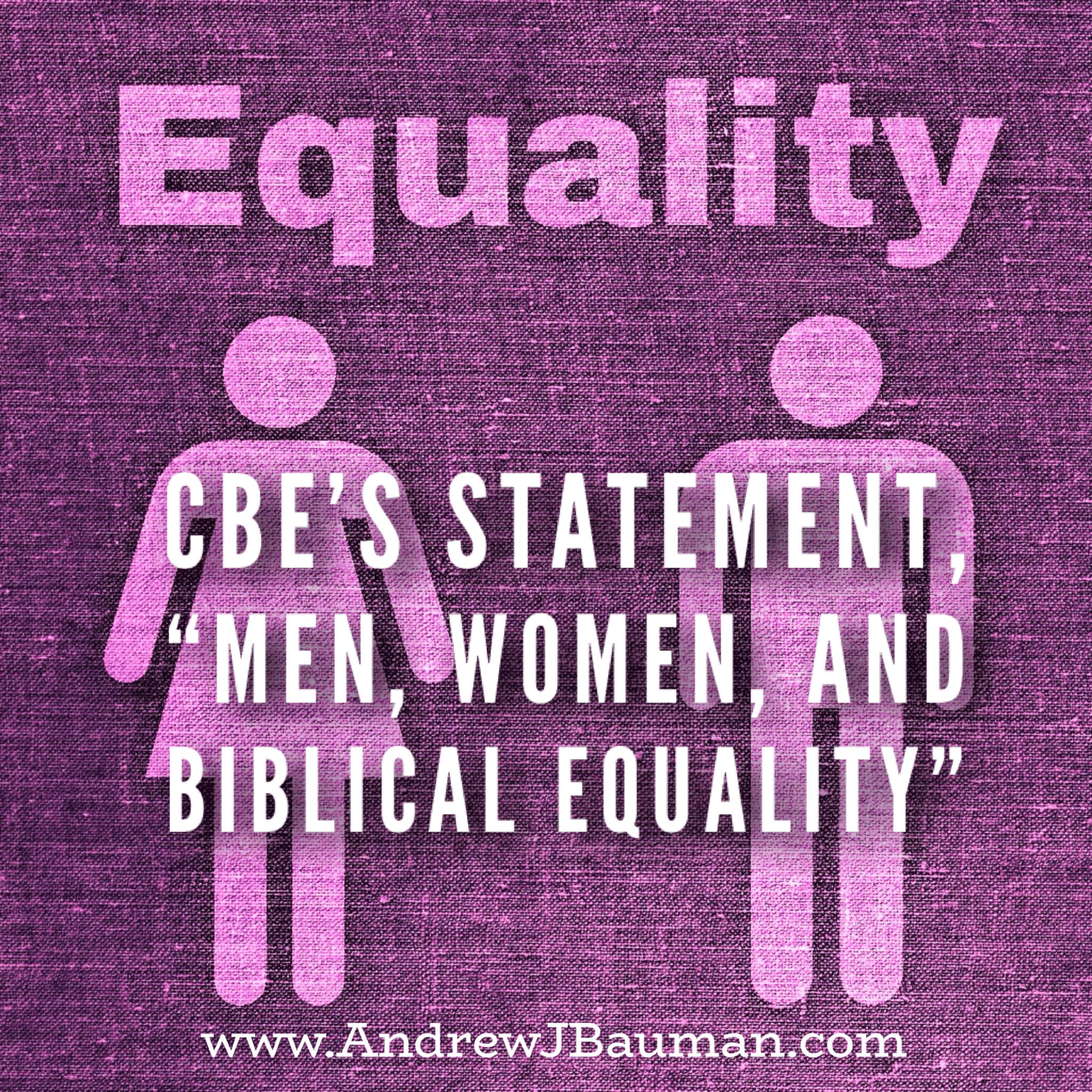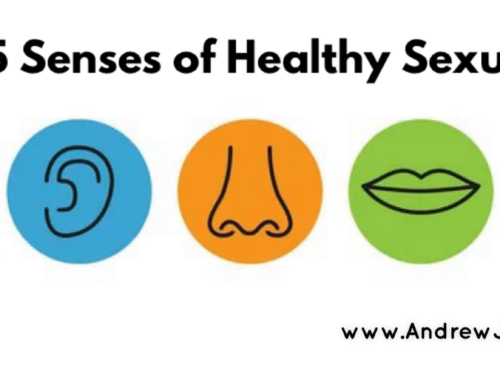CBE (Christian for Biblical Equality) International has become my go-to place for academic study on my latest book Safe Church: How to Guard Against Sexism & Abuse in Christian Community and I wanted to highlight their vital work on my blog today, by posting their statement on “Men, Women, and Biblical Equality.”
If you ever find yourself lost with folks who prooftext the scripture to try to find ways to make women less than men, and use the Bible and God to endorse misogyny and patriarchy and attempt to disguise it as theological truth coming back to this document can be an anchor of truth. I found it here. From CBE, it can be uploaded as a PDF.
Men, Women, and Biblical Equality
“The Bible teaches the full equality of men and women in Creation and in Redemption (Gen 1:26–28, 2:23, 5:1–2; I Cor 11:11–12; Gal 3:13, 28, 5:1).
The Bible teaches that God has revealed Himself in the totality of Scripture, the authoritative Word of God (Matt 5:18; John 10:35; 2 Tim 3:16; 2 Peter 1:20–21). We believe that Scripture is to be interpreted holistically and thematically. We also recognize the necessity of making a distinction between inspiration and interpretation: inspiration relates to the divine impulse and control whereby the whole canonical Scripture is the Word of God; interpretation relates to the human activity whereby we seek to apprehend revealed truth in harmony with the totality of Scripture and under the guidance of the Holy Spirit. To be truly biblical, Christians must continually examine their faith and practice under the searchlight of Scripture.
Biblical Truths
Creation
1. The Bible teaches that both man and woman were created in God’s image, had a direct relationship with God, and shared jointly the responsibilities of bearing and rearing children and having dominion over the created order (Gen 1:26–28).
2. The Bible teaches that woman and man were created for full and equal partnership. The word “helper” (ezer) used to designate woman in Genesis 2:18 refers to God in most instances of Old Testament usage (e.g. I Sam 7:12; Ps 121:1–2). Consequently, the word conveys no implication whatsoever of female subordination or inferiority.
3. The Bible teaches that the forming of woman from man demonstrates the fundamental unity and equality of human beings (Gen 2:21–23). In Genesis 2:18, 20 the word “suitable” (kenegdo) denotes equality and adequacy.
4. The Bible teaches that man and woman were co-participants in the Fall: Adam was no less culpable than Eve (Gen 3:6; Rom 5:12–21; I Cor 15:21–22).
5. The Bible teaches that the rulership of Adam over Eve resulted from the Fall and was therefore not a part of the original created order. Genesis 3:16 is a prediction of the effects of the Fall rather than a prescription of God’s ideal order.
Redemption
6. The Bible teaches that Jesus Christ came to redeem women as well as men. Through faith in Christ we all become children of God, one in Christ, and heirs to the blessings of salvation without reference to racial, social, or gender distinctives (John 1:12–13; Rom 8:14–17; 2 Cor 5:17; Gal 3:26–28).
Community
7. The Bible teaches that at Pentecost the Holy Spirit came on men and women alike. Without distinction, the Holy Spirit indwells women and men, and sovereignly distributes gifts without preference as to gender (Acts 2:1–21; 1 Cor 12:7, 11, 14:31).
8. The Bible teaches that both women and men are called to develop their spiritual gift s and to use them as stewards of the grace of God (1 Peter 4:10–11). Both men and women are divinely gifted and empowered to minister to the whole Body of Christ, under His authority (Acts 1:14, 18:26, 21:9; Rom 16:1–7, 12–13, 15; Phil 4:2–3; Col 4:15; see also Mark 15:40–41, 16:1–7; Luke 8:1–3; John 20:17–18; compare also Old Testament examples: Judges 4:4–14, 5:7; 2 Chron 34:22–28; Prov 31:30–31; Micah 6:4).
9. The Bible teaches that, in the New Testament economy, women as well as men exercise the prophetic, priestly and royal functions (Acts 2:17–18, 21:9; 1 Cor 11:5; 1 Peter 2:9–10; Rev 1:6, 5:10). Therefore, the few isolated texts that appear to restrict the full redemptive freedom of women must not be interpreted simplistically and in contradiction to the rest of Scripture, but their interpretation must take into account their relation to the broader teaching of Scripture and their total context (1 Cor 11:2–16, 14:33–36; 1 Tim 2:9–15).
10. The Bible defines the function of leadership as the empowerment of others for service rather than as the exercise of power over them (Matt 20:25–28, 23:8; Mark 10:42–45; John 13:13–17; Gal 5:13; 1 Peter 5:2–3).
Family
11. The Bible teaches that husbands and wives are heirs together of the grace of life and that they are bound together in a relationship of mutual submission and responsibility (1 Cor 7:3–5; Eph 5:21; 1 Peter 3:1–7; Gen 21:12). The husband’s function as “head” (kephale) is to be understood as self-giving love and service within this relationship of mutual submission (Eph 5:21–33; Col 3:19; 1 Peter 3:7).
12. The Bible teaches that both mothers and fathers are to exercise leadership in the nurture, training, discipline and teaching of their children (Ex 20:12; Lev 19:3; Deut 6:6–9, 21:18–21, 27:16; Prov 1:8, 6:20; Eph 6:1–4; Col 3:20; 2 Tim 1:5; see also Luke 2:51).
Application
Community
1. In the church, spiritual gifts of women and men are to be recognized, developed, and used in serving and teaching ministries at all levels of involvement: as small group leaders, counselors, facilitators, administrators, ushers, communion servers, and board members, and in pastoral care, teaching, preaching, and worship.
In so doing, the church will honor God as the source of spiritual gifts. The church will also fulfill God’s mandate of stewardship without the appalling loss to God’s kingdom that results when half of the church’s members are excluded from positions of responsibility.
2. In the church, public recognition is to be given to both women and men who exercise ministries of service and leadership.
In so doing, the church will model the unity and harmony that should characterize the community of believers. In a world fractured by discrimination and segregation, the church will dissociate itself from worldly or pagan devices designed to make women feel inferior for being female. It will help prevent their departure from the church or their rejection of the Christian faith.
Family
3. In the Christian home, husband and wife are to defer to each other in seeking to fulfill each other’s preferences, desires and aspirations. Neither spouse is to seek to dominate the other but each is to act as servant of the other, in humility considering the other as better than oneself. In case of decisional deadlock they should seek resolution through biblical methods of conflict resolution rather than by one spouse imposing a decision upon the other.
In so doing, husband and wife will help the Christian home stand against improper use of power and authority by spouses and will protect the home from wife and child abuse that sometimes tragically follows a hierarchical interpretation of the husband’s “headship.”
4. In the Christian home, spouses are to learn to share the responsibilities of leadership on the basis of gifts, expertise, and availability, with due regard for the partner most affected by the decision under consideration.
In so doing, spouses will learn to respect t heir competencies and their complementarity. This will prevent one spouse from becoming the perennial loser, often forced to practice ingratiating or deceitful manipulation to protect self-esteem. By establishing their marriage on a partnership basis, the couple will protect it from joining the tide of dead or broken marriages resulting from marital inequities.
5. In the Christian home, couples who share a lifestyle characterized by the freedom they find in Christ will do so without experiencing feelings of guilt or resorting to hypocrisy. They are freed to emerge from an unbiblical “traditionalism” and can rejoice in their mutual accountability in Christ. In so doing, they will openly express their obedience to Scripture, will model an example for other couples in quest of freedom in Christ, and will stand against patterns of domination and inequality sometimes imposed upon church and family.






